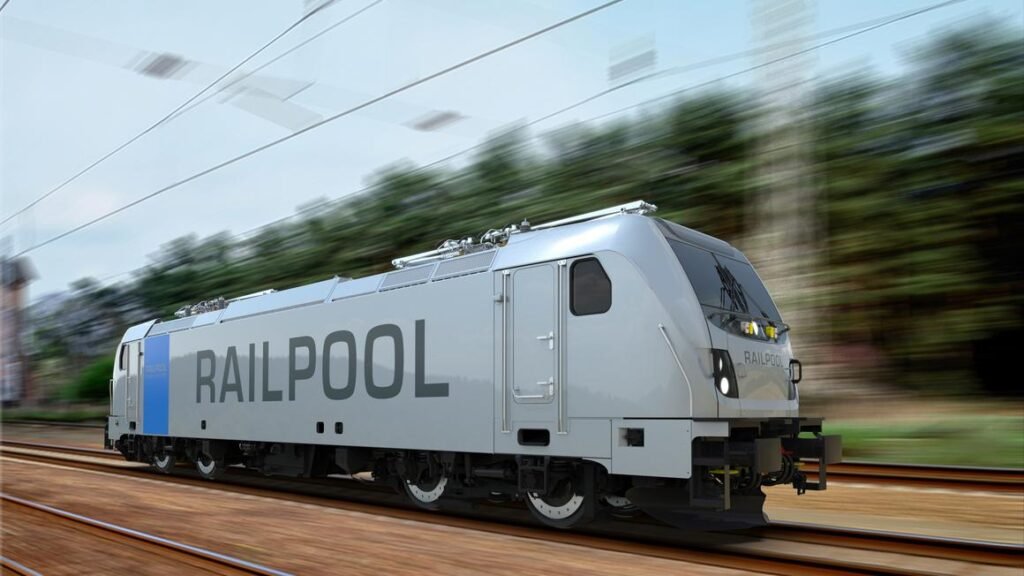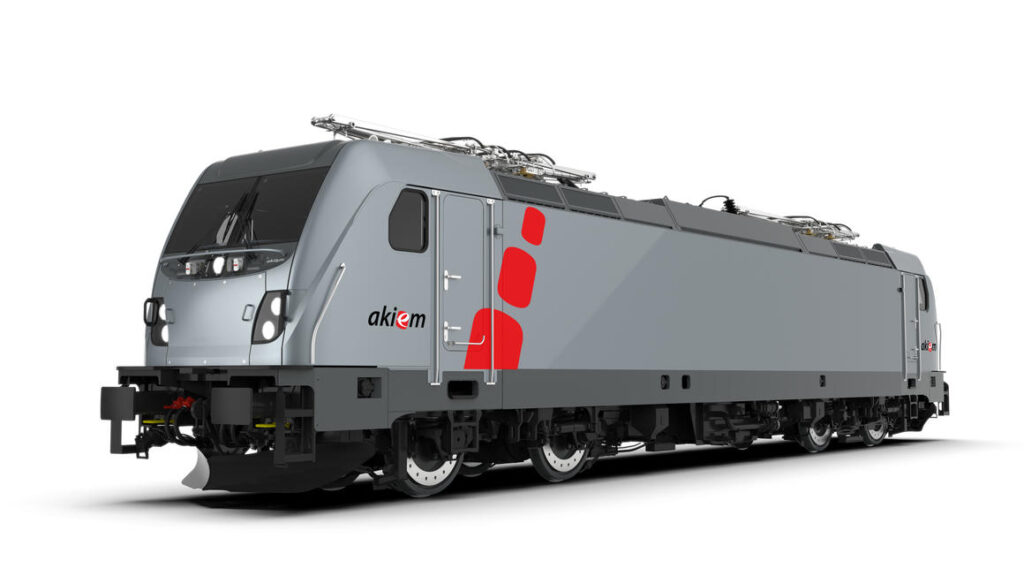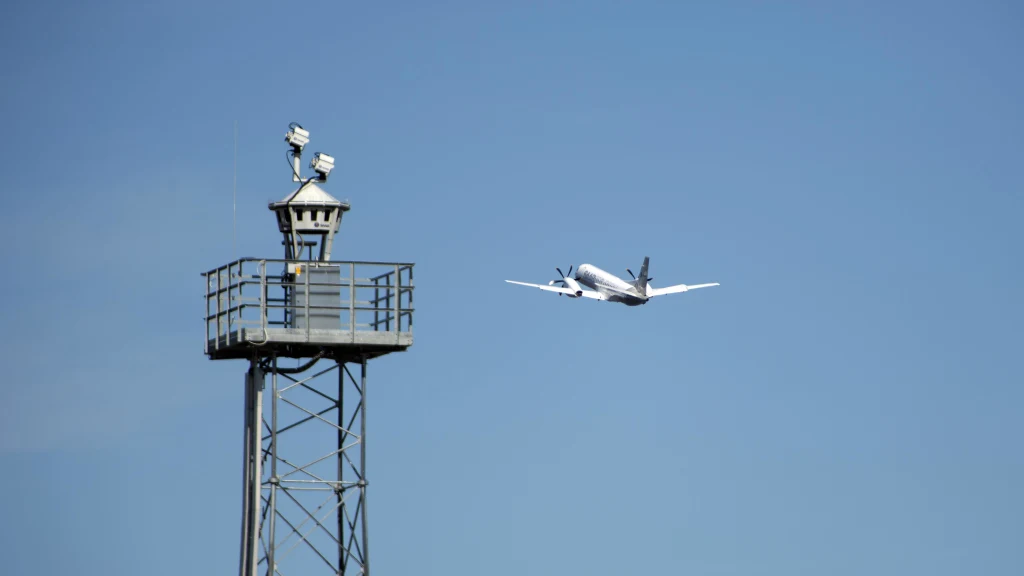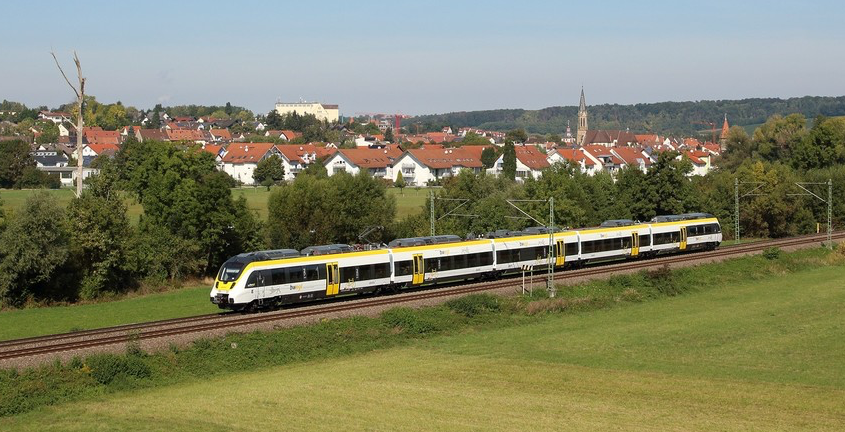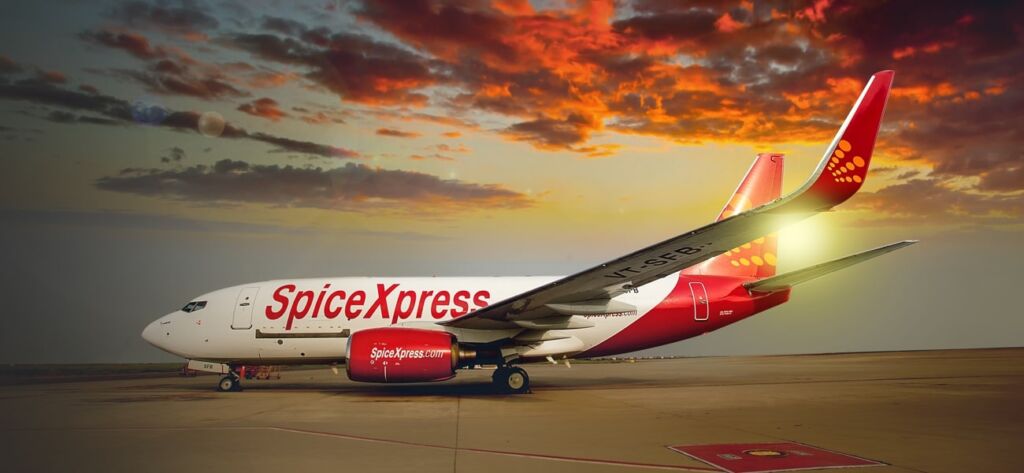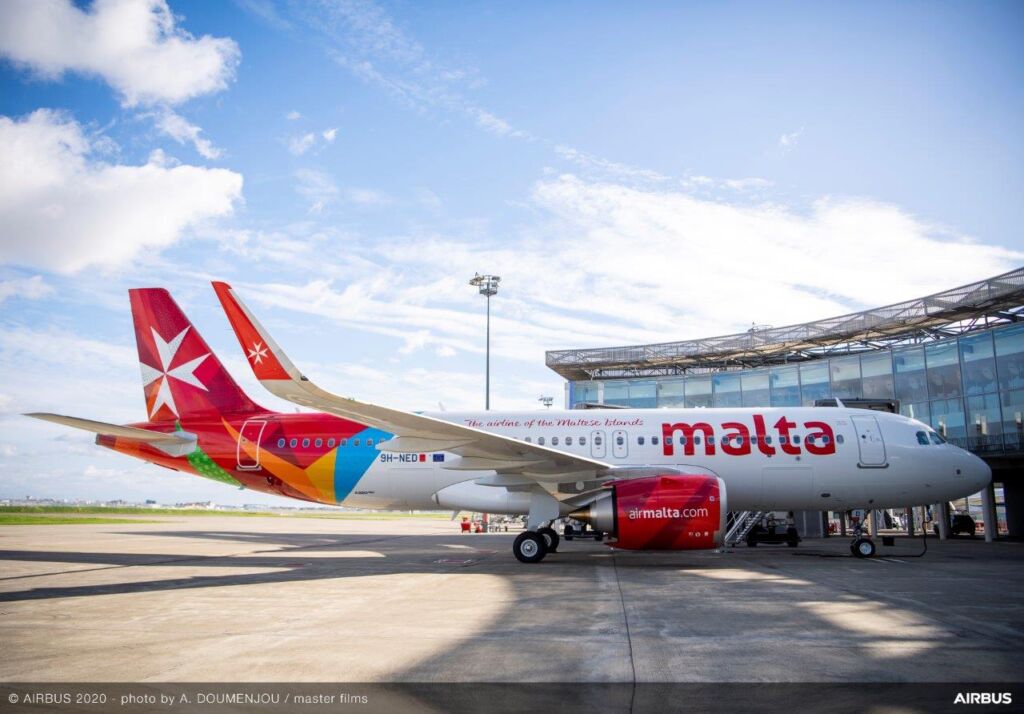Alstom and RAILPOOL sign a contract for 50 Traxx Universal locomotives
July 24, 2023 – Alstom (OTC: ALSMY), global leader in smart and sustainable mobility, and RAILPOOL, one of Europe’s leading rail vehicle leasing companies, have signed a contract for 50 Traxx Universal multi-purpose locomotives. The contract…
